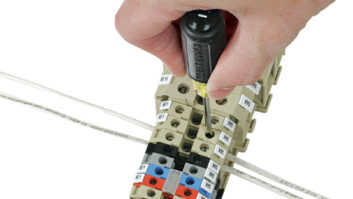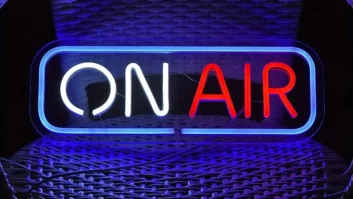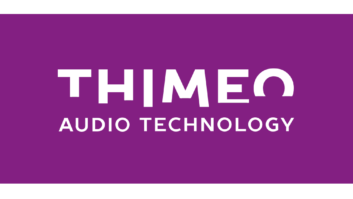We told you this one was coming, and now the FCC has taken the expected step — bringing us closer to the day when commercial broadcast stations no longer must maintain any kind of physical local public files or give people access to them at studio facilities.
At its May meeting, the Federal Communications Commission issued a Notice of Proposed Rulemaking raising the question of whether it should continue to require commercial TV and radio broadcast stations to maintain letters and emails from viewers and listeners in a paper inspection file. We reported that this was coming earlier this month. The change ultimately is expected to win approval.
[Read our May 5 story “Your On-Site Public File Is Nearing Extinction”]
Recall that in January the commission ruled that radio (as well as cable and satellite radio) must move most of its public files to an online database, as TV had been required to do earlier. But correspondence files are not part of that online transition, for privacy reasons, leaving broadcasters still required to keep some paperwork in a public file and — often the sticking point — to provide public access. This new proposal would eliminate outright the need for commercial TV and radio to maintain a physical, local public file. The law firm of Pillsbury Winthrop Shaw Pittman has supported the change on behalf of state broadcast associations. In anticipation of this notice, it wrote earlier this month, “Stations will no longer have to grant access to an individual just because he knows the ‘open sesame’ phrase of American broadcasting: ‘I’m here to see the public file.’”
During the meeting this week Commissioner Mignon Clyburn said, “An individual seeking to provide their local broadcaster with written feedback some 40 years ago basically only had one option: to submit a letter in paper form. Today we can avail ourselves of several platforms, and social media post on a broadcaster’s page can be far more impactful than a letter or e-mail sent directly to a television or radio station office.”
She said the NPRM recognizes that the public will continue to have multiple means of communicating comments or concerns to a station, including direct contact with the FCC as part of a station’s license renewal application process.
In introducing the notice, the Media Bureau said modernizing the filing process reduces the cost of broadcaster compliance and makes it easier for consumers to access information about broadcast services without having to travel to a station’s main studio.
“In my view, our correspondence file mandate is an unnecessary regulatory burden,” said Commissioner Ajit Pai during the meeting. “Indeed, the very words ‘hardcopy,’ ‘paper’ and ‘inspection file’ are enough to make an increasingly digital citizenry yawn.”
“Without the requirement, viewers and listeners would still be able to tell any broadcaster and the FCC what they think about a station’s performance,” he said. “Moreover, getting rid of this requirement would allow commercial broadcasters to exclusively use an online public file rather than maintaining both physical and digital files.”
The notice also proposed to eliminate a requirement placed on cable operators that they disclose head-end location information in their public inspection files.
Once the NPRM is posted, individuals can comment on the rulemaking by citing Docket 16-161.












